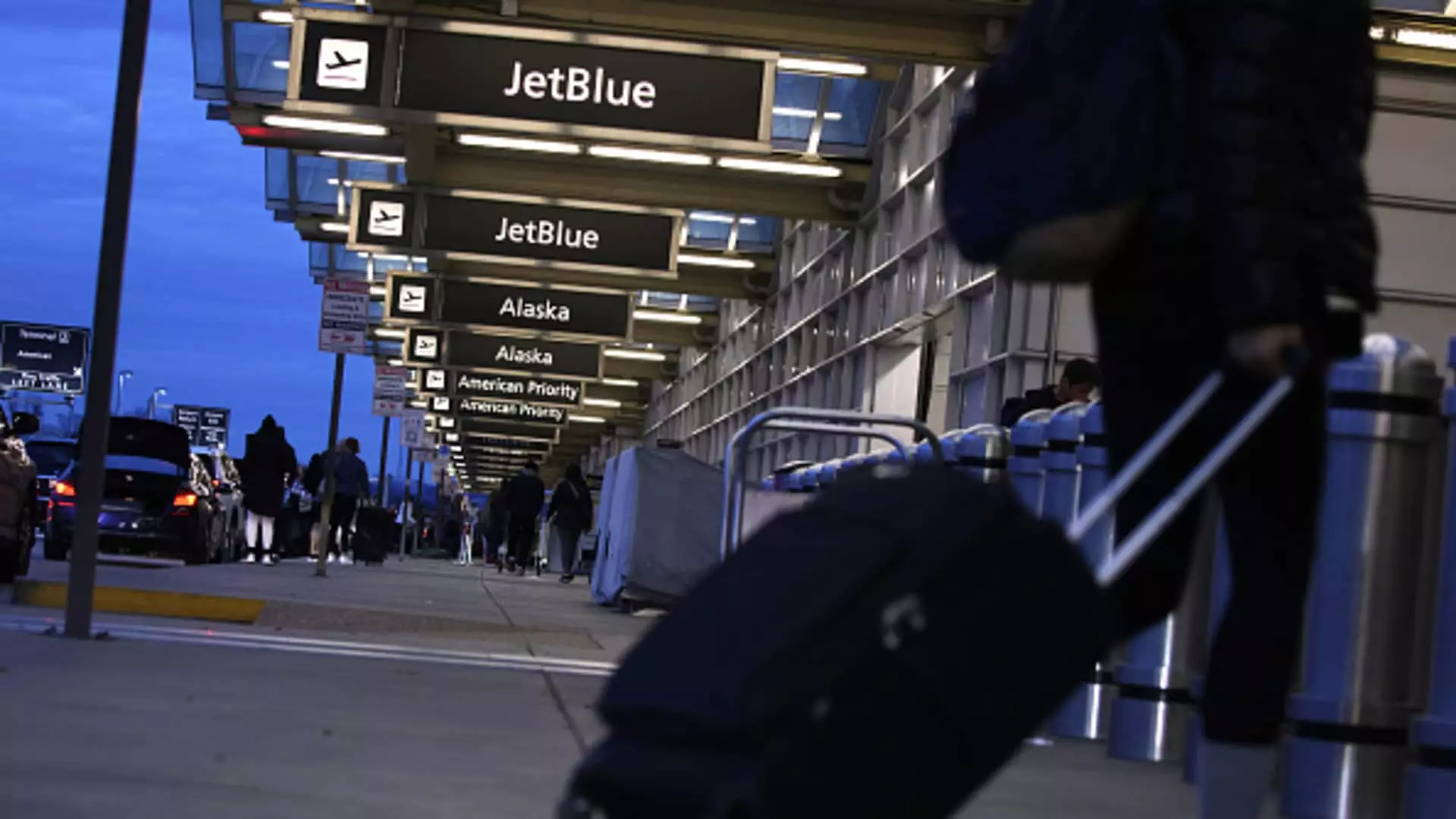In a recent announcement, JetBlue Airways has put forth an offer for early retirement to select pilots, as per a communication from their labor union, the Air Line Pilots Association (ALPA). This decision appears to be a tactical response to the airline’s ongoing efforts to streamline operations and manage financial pressures amid market challenges. The offer not only reflects JetBlue’s urgent need to cut costs but also highlights a broader trend within the airline industry, where many companies are exploring workforce adjustments to promote financial sustainability in the post-pandemic era.
JetBlue is embarking on various strategic initiatives aimed at improving its revenue streams and operational efficiencies. The introduction of new first-class seating options demonstrates the airline’s commitment to enhancing customer experience and attracting premium clientele. Simultaneously, the company is grappling with significant operational hurdles, such as a recall of Pratt & Whitney engines affecting a portion of its fleet. These complications have likely intensified the need for JetBlue to reassess its staffing and operational structures. The early retirement packages serve as a pragmatic solution amidst these dual priorities of cost control and service enhancement.
The plan includes voluntary separation bids slated to close on February 7, giving pilots a limited window to consider their options. The specifics of the agreement provide valuable insight into the compensation structure for eligible pilots. Those who choose to retire will receive pay based on 55 hours of their hourly wage, available until their mandatory retirement date or for a maximum of 18 months post-agreement—whichever period is shorter. For example, an Airbus A320 captain with over a decade of service could reportedly collect upwards of $416,000, evidencing the lucrative nature of the retirement package.
Conversely, a relatively newer pilot, such as an Embraer E190 captain with eight years of service, would receive around $160,000 upon retiring. This differentiation in payout based on tenure suggests a calculated approach to incentivize mid-career pilots to transition out, potentially paving the way for fresh talent to join the ranks—an essential component of any evolving workforce strategy.
The implications of this early retirement offer extend beyond mere financial calculations. For eligible pilots—many of whom are nearing the federally mandated retirement age of 65—this offer may provide a timely opportunity to leave the industry while financially secure. The new arrangement presents a crossroads for the pilots, balancing their personal career aspirations against JetBlue’s strategic objectives.
As JetBlue prepares to announce its quarterly financial results shortly, stakeholders will be closely observing how this initiative fits into the airline’s broader financial picture. The decision to incentivize early retirements is one among many steps JetBlue is implementing to adapt to an evolving aviation sector, reflective of both current operational demands and future prospects. Ultimately, JetBlue’s early retirement packages highlight the complex interplay between pilot retention, operational strategy, and financial health in today’s aviation landscape.


Leave a Reply